They could be used to create magnet grabbers or a replica T-1000.
Category: futurism – Page 951
The Strength of Human Bones
How strong are your bones?
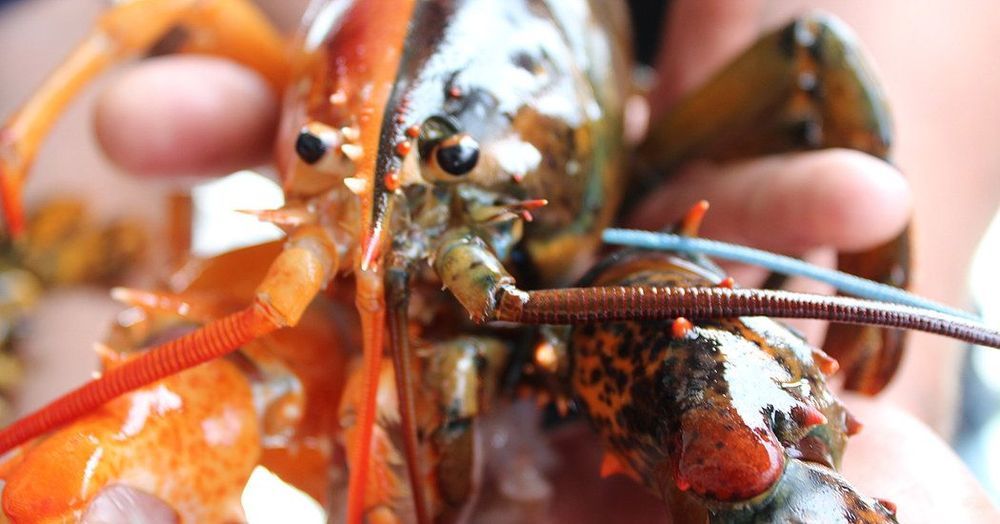
Found in Maine: A 1-in-50 Million Lobster
Some lobsters aren’t meant for a roll.
That was the case for a rare two-toned lobster that was plucked recently from the icy waters off Stonington, Me., and which scientists say is a one-in-50 million find. The lobster, split from head to tail into halves of black and orange, was found in Penobscot Bay by Capt. Daryl Dunham when he was fishing in the coastal waters there, according to Patrick Shepard, a fishing scientist at the Maine Center for Coastal Fisheries.
The fisherman donated the male crustacean to the center, where it will live in rarefied company for a few weeks. The center already has three other unusual lobsters in its tanks, including a blue lobster, a one-in-two million find, and two calico lobsters, whose shells resemble a constellation of orange and black and which people who fish have a one-in-30 million chance of catching.

Apple Special Event — September 10, 2019
Cupertino calling. Join us for an Apple special event live from the Steve Jobs Theater on September 10 at 10 a.m. PDT. Set a reminder and we’ll send an update before the show.
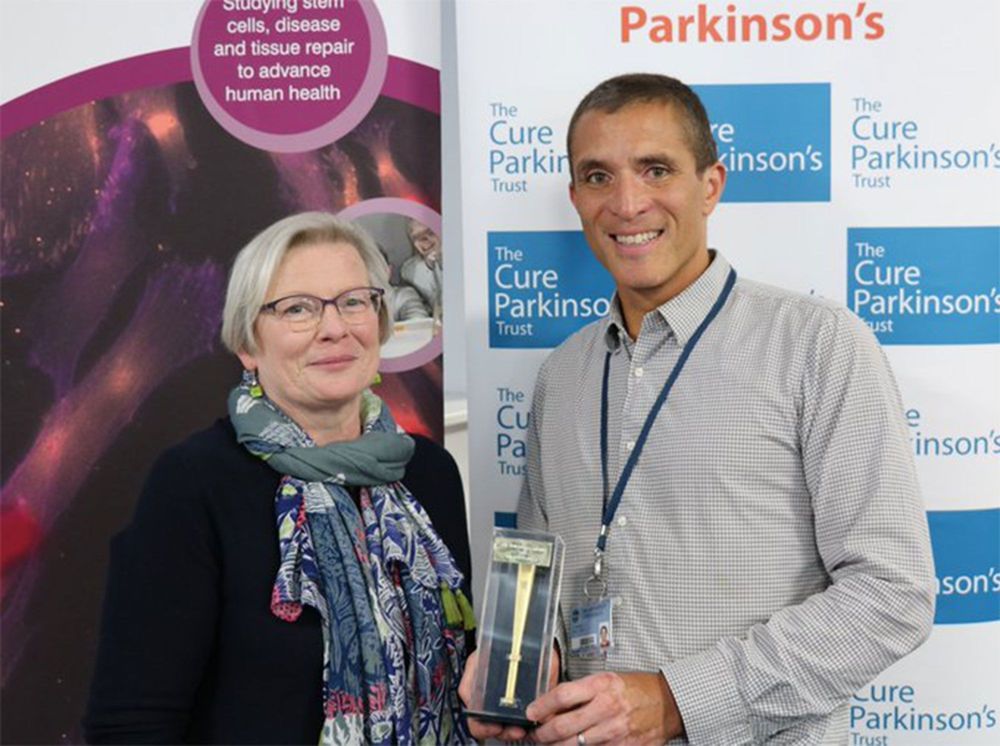
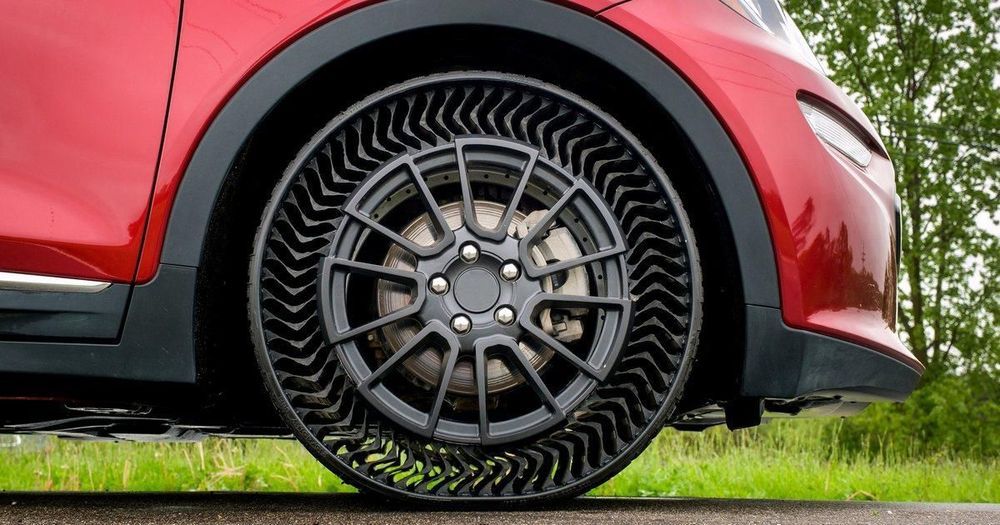
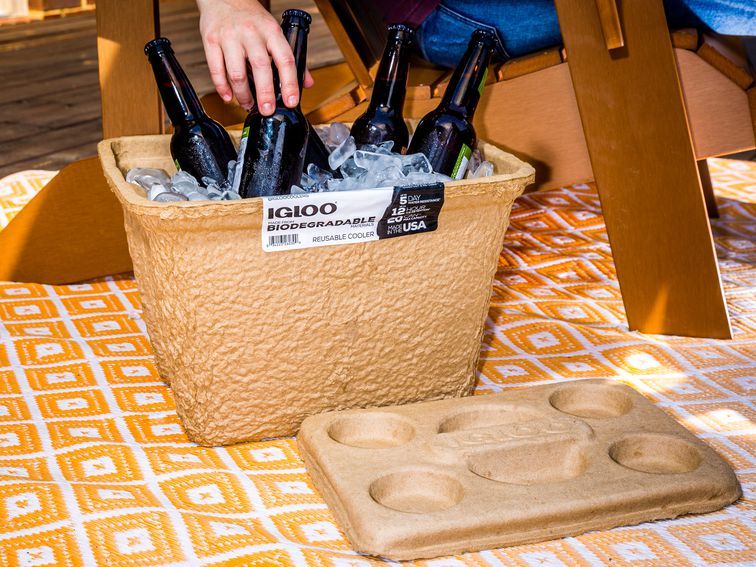
See ya, Styrofoam: We test the Igloo Recool, a $10 biodegradable cooler
Old, but good: Cheap Styrofoam coolers get the job done if you just want to keep a couple of drinks cold, but they typically end up in landfills, where they can take hundreds of years to break down, if not longer. Now, Igloo has an alternative that won’t fill you with green guilt during your next trip to the beach.
Made from recycled tree pulp and available for now for $10 each, the Igloo Recool is a green-minded alternative to disposable coolers made from Styrofoam. But can it get you through a day at the beach?
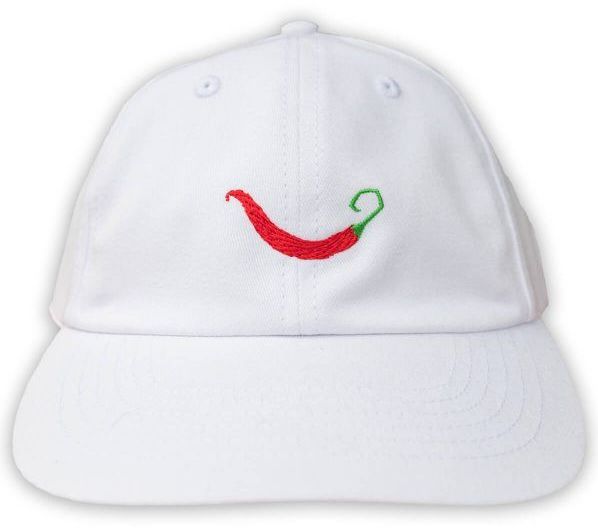
Israeli scientists print world’s first 3D heart
Is this for real? The future is here, and it’s alive and beating. Scientists at Tel Aviv University have printed the world’s first 3D heart complete with blood vessels using personalized “ink” made of collagen, a protein that supports the cell structures, and other biological molecules.